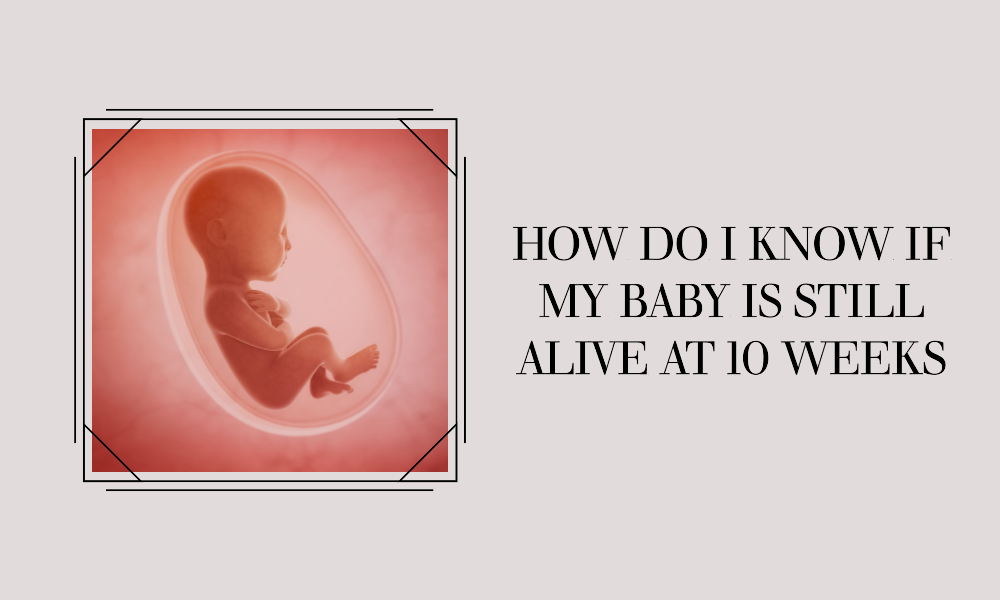Pregnancy is a time of joy and anticipation, but it can also bring about worry and anxiety, particularly concerning the well-being of the unborn baby. Many parents-to-be find themselves wondering how to know if their baby is healthy, especially during the early stages. This article focuses on the signs of a healthy pregnancy and baby at the 10-week mark, and how you can reassure yourself about your baby’s well-being.
It’s important to remember that while certain signs and symptoms can be reassuring, the best way to ensure the health of your baby is through regular prenatal care with your healthcare provider.
Physical Symptoms of Pregnancy
At 10 weeks of pregnancy, you’re likely to experience certain physical symptoms that can be reassuring signs of a healthy pregnancy. These include:
- Morning Sickness: Nausea and vomiting, often referred to as “morning sickness,” is common in early pregnancy due to hormonal changes. While it can be quite uncomfortable, it is often seen as a sign that pregnancy hormones are rising as expected.
- Breast Changes: Your breasts may feel tender, swollen, or heavier due to hormonal changes. Some women also notice their areolas (the skin around the nipples) darken.
- Increased Urination: You may find yourself needing to urinate more often than usual, a result of your body’s increased blood flow causing your kidneys to process more fluid.
- Fatigue: Many women feel more tired than usual during early pregnancy due to rising levels of the hormone progesterone.
- Mild Cramping and Spotting: Some mild cramping and spotting can be normal during early pregnancy as the embryo implants into the uterus. However, if you experience severe pain or heavy bleeding, seek immediate medical attention.
Monitoring Pregnancy Progress
While physical symptoms can provide some reassurance, they aren’t a definitive indication of your baby’s well-being. For a more precise check on your baby’s health, several medical options exist:
- Prenatal Appointments: Regular prenatal visits allow healthcare professionals to monitor your pregnancy closely. Your doctor can address any concerns you have and provide reassurance about your baby’s status.
- Ultrasound: An ultrasound can provide visual confirmation of a viable pregnancy. By 10 weeks, an ultrasound should be able to detect a heartbeat, offering strong evidence of a healthy, developing pregnancy.
- Doppler Heartbeat Count: Some healthcare providers may use a handheld Doppler device to listen for the baby’s heartbeat during prenatal visits, although it can sometimes be difficult to detect the heartbeat with Doppler at this early stage of pregnancy.
When to Seek Help
Contact your healthcare provider if you experience any unusual symptoms or if your pregnancy symptoms suddenly disappear. Unusual symptoms may include severe abdominal pain, heavy bleeding, severe headaches, rapid weight gain, or swelling of the hands and face. These could indicate complications that need immediate attention.
Conclusion
While the presence of typical pregnancy symptoms can offer some reassurance about your baby’s well-being at 10 weeks, the most reliable way to know is through regular prenatal care. Remember, every pregnancy is unique, and symptoms can vary widely from person to person. If you have any concerns about your baby’s health, do not hesitate to reach out to your healthcare provider. Their expertise and the use of medical tools such as ultrasounds are the most reliable ways to monitor your baby’s health.









Comments